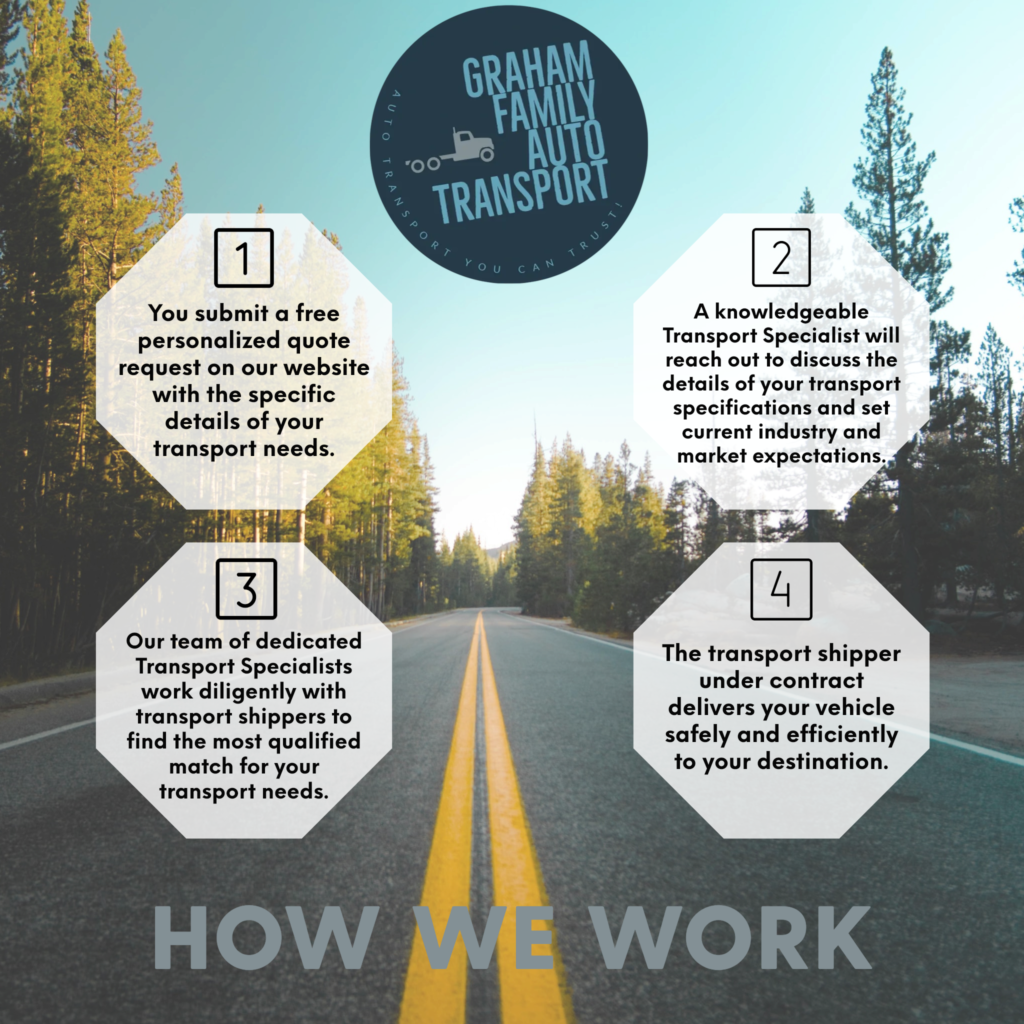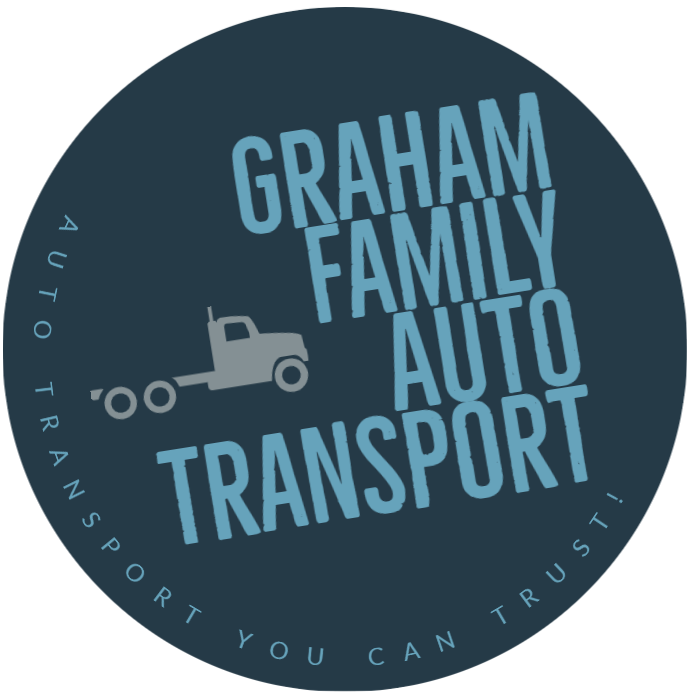Auto Transport Brokers: Who They Are and Why We Need Them
What are auto transport brokers and why do we need them?
The auto transport industry is interesting in the way it functions because there are multiple different moving parts within the same industry. From the outside, it seems as simple as needing a vehicle shipped and calling someone to move it. Unfortunately, however, it’s not usually that simple. The drivers and carriers that physically transport the vehicles are often extremely busy and on the road. This doesn’t offer an environment conducive to discussing and scheduling their transports. These drivers simply do not have the time or capability to have the in-depth conversations required to educate people on the process while they’re on the road transporting cars. This is where auto transport logistics companies, or “brokers”, come in.
In the auto transport industry, the majority of individuals and companies you deal with are brokers - even if they don’t call themselves that. It is required by the FMCSA and USDOT for auto transport logistics companies to be licensed and registered as auto transport brokers. Unless you are speaking with a company that owns and operates their transport vehicles for shipping it is extremely unlikely that you are not speaking with a broker.
Brokers exist in many industries, and the word has neutral and negative connotations. Notice how I didn’t include positive? That’s because in many industries utilizing a broker isn’t all it’s cracked up to be. I’m looking at you stock brokers!
In an effort to better explain what an auto transport broker does, we’re going to go back to grade school and have a conversation about grammar. The word broker has two different types - noun and verb. In the auto transport industry, both definitions are accurate in their own ways but not in the way you’d expect. Here have a look:
verb
- arrange or negotiate (a settlement, deal, or plan).
noun
- a person who buys and sells goods or assets for others.
We know that nouns are people, places, or things. We also know that verbs describe an action. Since auto transport brokers are people/companies many individuals would look to the noun definition at first. However, this is not the most accurate description. As a broker, we don’t buy or sell goods or services for others. In most cases, you’re not paying your broker the cost of the auto transport itself. Typically you will pay for your transport in two separate transactions - an “initial deposit” as many brokers like to call it which is ultimately the broker fee (the money the broker makes) and the balance paid directly to the carrier at the time of pickup or delivery of the vehicle (the money the carrier makes).
The reason this is relevant is because in actuality auto transport brokers are better explained by what they do versus who they are. At the end of the day, the job of any auto transport broker is to help vehicle owners in the arranging and negotiating of their auto transport. Brokers work as the liaison between the car owner and the carrier. In addition, it is the job of the auto broker to efficiently and effectively educate the individuals shipping their vehicles on the entire start-to-finish process.
Name aside, auto brokers are a positive resource in the auto transportation industry. It is our job and pleasure as auto brokers to help you navigate the intricacies of the industry in a way you can easily understand and feel comfortable with. While we can not speak for brokers in other industries, we can say that without auto transport brokers, shipping a vehicle would be entirely different and extremely cumbersome.
Please do not hesitate to reach out to us with any questions about brokers, transporting vehicles, the industry, pricing, and more! At Graham Family Auto Transport we believe everyone should have a substantial knowledge and understanding of the processes even if you are not working with our company specifically. We strive to provide excellent service and education so that every person looking to ship a vehicle can make an informed decision about who/what/when/where works best for them and their specific needs.








